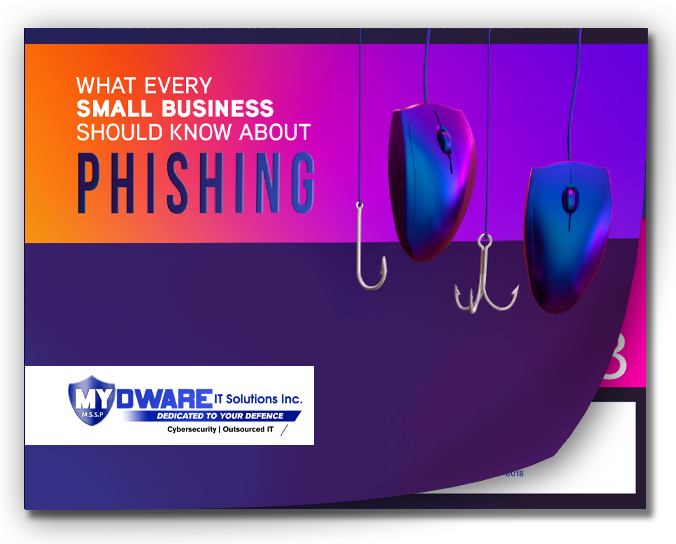
A new report from Malwarebytes finds that Microsoft users unknowingly install malware from booby-trapped sites. Dangerous malware-distributing sites pose huge issues for business owners, especially if their workforce uses the tool that the malicious advertisements come from. Learn more about this cyber threat and how to avoid installing malware on your device.
Harmful Ads Stem From Chatbots Using Artificial Intelligence
Microsoft's AI-powered Bing chatbot users may find that advertisements pop up in the feature. These ads appear legitimate, but they lead users to phony sites. Once a vulnerable chatbot user ends up on the booby-trapped site, they may unknowingly become a victim of malware.
The chatbot uses GPT-4 AI technology from the industry leader OpenAI. If you have a conversation with the bot about certain products, it will place linked ads within the chat about a product or search. Malicious hackers manipulate these ads, so users end up on malware-distributing sites.
The websites use phishing techniques to mimic a legitimate site and demand urgent action from a user, such as installing a deceptive app. As a result, many victims end up with viruses and malware on their computers.
Why This Issue Is Important
Even if you've never engaged with Bing Chat, it doesn't make you immune from malware and threats from hackers. Here's why all Internet users should care about this issue.
New Threats Are Always Emerging
Clever hackers are always finding ways to manipulate and exploit vulnerable users. This latest threat uses AI technology to insert malicious ads. As artificial intelligence grows and evolves, similar threats are possible.
Experts recommend always being aware of potential threats. Cybersecurity should be a priority no matter what type of technology you're using.
Sites Can Be Deceptive
Hackers effectively trick people by mimicking a legitimate website's design and domain. However, the slightest change in the domain or website content is a warning sign that you're the target of a malware attack. If you suspect you're on a phony website, look up the real service provider to confirm a difference in the URL or website page.
How To Protect Yourself From Malware-Distributing Sites
Although Microsoft is taking proactive measures against harmful Bing Chat ads, it's important to take the proper precautions every time you use the Internet. Industry experts recommend you use caution if you come across questionable links or encounter phishing messages. Keep these tips in mind:
- Avoid clicking on unsolicited links, no matter how legitimate they appear.
- Messages demanding urgent action or threatening messages are suspicious and worth reporting.
- Check URLs carefully for signs of deception, such as a misspelling or extra character.
Darryl Cresswell
CEO & President
MYDWARE IT Solutions Inc.




